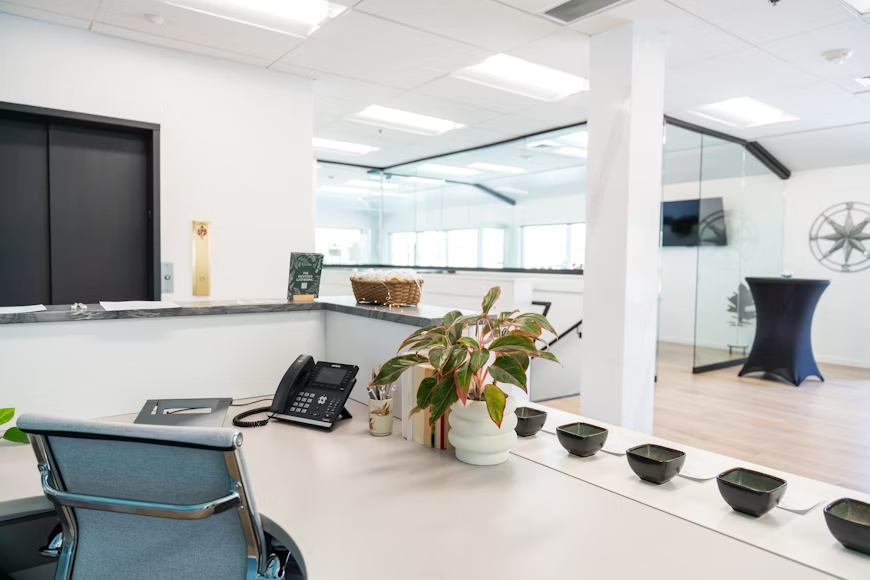Businesses Can Leverage Psychology of First Impressions for Competitive Advantage

Summary
Full Article
The psychology of first impressions offers significant business advantages when properly understood and applied. According to Psychology Today, people form stable first impressions of a person's face within seconds, with these initial judgments proving remarkably persistent rather than fleeting. The human brain relies on cognitive shortcuts like first impressions, meaning people seldom reassess details later, instead relying on their initial assessment.
Credibility is judged faster than many businesses realize. A 2024 study found that humans form opinions about someone's character just by observing facial expressions, with these snap judgments influencing how we perceive others' intentions. In client meetings, confident handshakes, clear speech, and well-prepared presentations signal professionalism and confidence, while fidgeting, avoiding eye contact, or haphazard speech may create doubts even with solid ideas. Non-verbal markers such as posture, eye contact, and facial expressions reveal information before words are exchanged. Consistency across channels builds trust, with tone of voice remaining the same on websites, emails, and in-person services. Follow-ups matter more than promises, as failing to meet small expectations undercuts credibility.
Environments significantly influence decision-making, acting as frames through which humans interpret everything else. Physical spaces set the tone before speaking begins, with dimly lit showrooms or cluttered lobbies potentially making visitors question a company's professionalism. Color palette, furniture, and lighting choices communicate business values like innovation and stability. During time pressure, customers lean on context as a decision-making aid, where well-designed offices become heuristics for trust. At trade shows where hundreds of brands compete for attention, attendees make quick judgments about which booths to enter, often guided more by visual appeal than product knowledge. A custom exhibit manufacturer that delivers sleek, thoughtfully branded booths actively shapes client perceptions of the business. As Classic Exhibits notes, specific design features like lightboxes and wood fabrication create an immediate sense of professionalism, serving as psychological triggers that nudge potential clients to view companies favorably before words are exchanged.
Details carry disproportionate weight through the psychological phenomenon called 'thin slicing,' where the brain makes quick judgments based on minimal information. Minor elements shape critical perceptions, with misaligned slides in pitch decks signaling carelessness, cluttered offices implying disorganization, and misspelled names in emails suggesting negligence. These assessments happen rapidly before the rational brain fully analyzes situations, and once negative judgments form, they become difficult to reverse. A study demonstrated this bias when participants presented with boxes containing various items overestimated values by up to 10% based on the first few items encountered. Businesses can leverage this by strategically designing each first encounter to reinforce brand values and key selling points, creating lasting positive biases that provide competitive advantages when other companies struggle to maintain market position.

This story is based on an article that was registered on the blockchain. The original source content used for this article is located at citybiz
Article Control ID: 223859